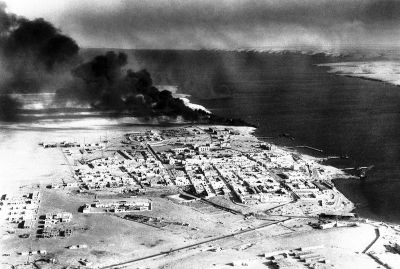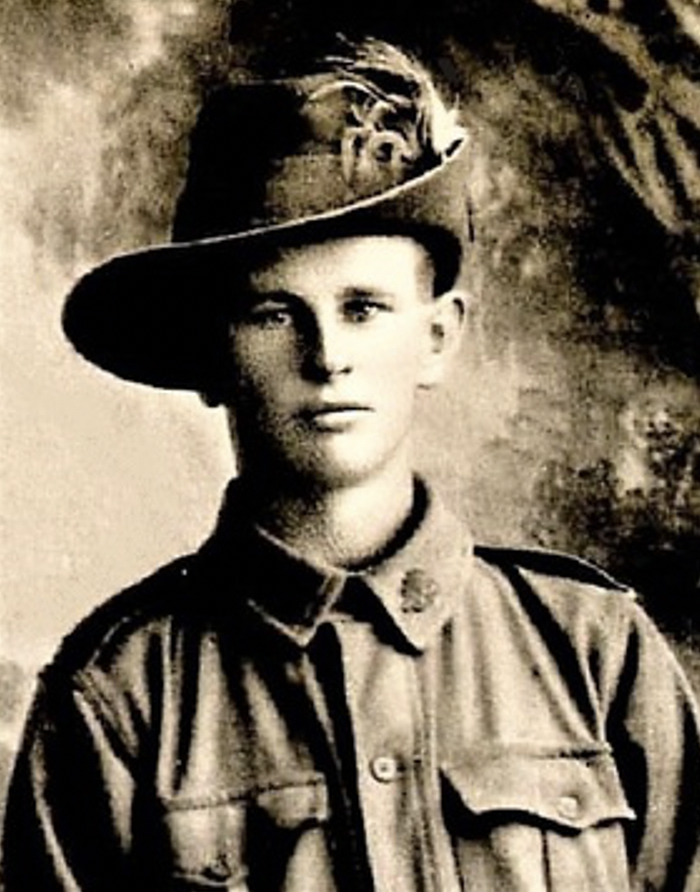The World and Goolwa in August 1941

This month the tension in the Asia-Pacific region is greatly increased by the latest move by the United States in placing an oil embargo against “aggressive” nations resulting in widening the gap in relations between Washington and Tokyo.
In Canberra, Robert G. Menzies (UAP) has resigned as Prime Minister of Australia in favour of Arthur W. Fadden (CP) on the 29th. Both are members of the UAP – CP coalition government.
Japanese bombers flying deep into Chinese Nationalist territory has been reaching the nominal capital of Chungking, far into the upper reaches of the Yangtze River, putting the city under heavy bombing for several days. Concern is being raised at the rapidity of Japanese expansion in Asia with Britain and US governments now issuing a stern warning to Japan not to invade Thailand.
It has been announced jointly by London and Washington, earlier this month that a secret meeting between British Prime Minister Winston Churchill and US President Franklin D. Roosevelt, was held aboard an American cruiser, USS Argentia in Newfoundland, to draft a document bearing the title of “Atlantic Charter”.
The contents of the charter, which has been released on the 14th of August, contains the policy statements defining the aims of the Allied nations for the post-war world. It sets out a series of points dealing with subjects on economic and social development, national self-determination, free trade and navigation on the high seas, among several others. The Atlantic Charter agreement was signed off by Prime Minister Churchill and President Roosevelt for submission to their respective governments.
The German army has caught the Russian forces defending Smolensk in a trap forcing them to surrender. A staggering number of 300,000 Red Army prisoners have been taken. Nazi forces have pushed deep into Russia and are closing in on Leningrad.
On the 12th, Hitler decided to interfere with his generals by ordering elements of the forces on the Moscow front to be sent toward Leningrad and others to be sent to the Crimean campaign. This move was against the advice he had been given in the overall strategy of Operation Barbarossa by the German high command.
Australian troops begin withdrawing from Tobruk to fight in Syria.
In the besieged Libyan port of Tobruk continues to defy the probing attacks of the enemy. In the first week of this month a major attack on the Italian positions surrounding them. Supported by over 60 field guns. The battle was fought with fury by both sides as the two Australian companies endeavoured to wrest back possession of outposts lost to Italians last May. The Australians had to pull back and break off the engagement after suffering severe casualties.
The Australian frontline was strongly held, but there would no further risk taken in attempting to regain the outlying posts, long now abandoned in the no-man’s land.
The first of the Australian units are now being withdrawn from Tobruk for onward movement to Palestine to be prepared for a campaign into Lebanon and Syria. This transfer is being facilitated by the Royal Navy who run a shuttlecock service in the hours of darkness to bring in supplies and fresh troops and to evacuate wounded and service personnel outgoing to other duties. It is a tricky operation to unload and load then turn around and clear the port in an hour during darkness.
In one such operation on September 17, units of the 2/18th brigade including that which included the Goolwa men were evacuated. They were taking their turn in being ferried by tugboat out to the cruiser HMS Abdiel, then in the darkness they were to grab hold of and scramble up a net ladder to board the ship. All seemed to go well until Pte Alf Tuckwell carrying all his gear grabbed the net and left the heaving deck of the tug which on a rising wave pulled away slightly higher than where Alf was on the net. As the wave fell the tug slammed back against the cruiser’s hull, clipping the heel off his boot and dumping him into the water.
He was rescued from the dark water and hauled aboard in a wet, miserable condition and without most of his gear. Pte Dave Evans, another Goolwa man taken off Tobruk on the same ship, was unaware of Alf’s mishap until he came face to face with a young midshipman on the cruiser’s narrow deck. It was Alf dressed in the only dry clothes they could find for him.
Ron Reed killed in action in Tobruk campaign.
Pte. Ronald Thomas Reed, WX7756, 2/28 Infantry Battalion was killed at Tobruk on August 23rd. He becomes the first Goolwa serviceman to be killed in action in WW2. Ron was one of three sons of David and Helena Reed of “Nyarra”, Fenchurch Street, Goolwa.
He was educated at the Goolwa Public School and was employed for several years at Thomas Goode & Co’s general store. In 1938, Ron decided to take a spell away and travelled to Western Australia to take a position in a store in Laverton. On August 10, 1940, he enlisted in AIF and was posted to the 2/28th Battalion which had just been formed and the unit began training near Perth in July last year. Ron sailed for Egypt with the battalion as part of 12/28 Brigade in January this year to fire it first shots in action at Tobruk early during the siege. Ron’s older brother, Jack (J.D.) Reed, is serving in the 2/27th Battalion with the AIF in Syria.
2/27 Battalion in action in Lebanon-Syria campaign
Also, about this time, the 2/27th battalion which was now pushing into Syria had settled down in their positions for the night. In the fading daylight, Pte John Maloney scribbled down a letter as best he could to his wife Susan (nee Atkins) in Goolwa.
“I am in Syria and took part in the move across the border. I live and sleep in trenches. At the moment the heavy artillery is booming away some miles distant. Just now I am having a few days rest after 10 days in action.
This is a beautiful country, and it is a pity there has to be a war here. I have seen the ancient city of Tyre. Last night I saw part of the British navy in action, and believe me, they make no mistake about it when they start.
The main roads here are very good and petrol here is about eight pence per gallon. It should be a great place to tour in, but not just at present”.

More local men enlist
A stronger response than usual to the call for men to enlist in the AIF has come this month from Goolwa and district. Out of four men who have enlisted, three were accepted for AIF service and one was accepted for garrison battalion duties within Australia.
Clarence ‘Clad’ (C.A.) Bryant aged 19, farm worker on Hindmarsh Island, Bert (H.R.) Smith, and Ngarrindjeri fisherman George ‘Powder’ (G.H.) Godfrey, were accepted for AIF duty. Herb (H.H.) Lockett was accepted for garrison duty within Australia.
NOTE: This picture was from Bert (H.R.) Smith's service in World War 1. He enlisted again in WW2 as Herbert Roy Smith and saw service in the Pacific as a Warrant Officer 2 with the Army Medical Corps.
Navigation of the Murray Mouth
Ex-Fire Chief of Port Adelaide fire brigade and earlier at Port Pirie, Bill (T.W.) Bland, has chosen Goolwa as his preferred place to live out his retirement. He will do this onboard his 50-foot motor launch “Carina”, which he will fit up as a modern houseboat. He has spent the last 42 years in active firefighting and considers that his retirement to the beautiful peaceful river waters around Goolwa to be a fitting climax to an active career.
Bill contracted two Goolwa fishermen, Jack Stewart and Arty Sweetman to bring the big boat around the coast and through the Mouth and on up to Goolwa. They cast off from Port Adelaide at 9pm Saturday night of the 30th and the trio tied up to the Goolwa wharf at lunchtime on Sunday, 15 hours later.
Jack Stewart described the tricky entry in through the ever-narrowing Mouth channel as probably the final time such an entry would be possible, making the voyage of the “Carina” possibly the last boat to make the passage. It was only by the recent release of floodwaters from the barrages caused sand build-up to be flushed through making this voyage possible.
Petrol and the Ward Councillor; they also serve.
Fuel rationing applies to everyone but is causing hardship, particularly to ward Councillors who represent outlying wards, find they are stretching their fuel ticket allowance to breaking point to add these duties to the daily pursuit of life. At the August D.C.P.E Council meeting a decision was made to apply to the district Liquid Fuel Committee to make an application to the State Liquid Fuel Control Board for an additional allowance for elected members to cover attendances at Council meetings.
On June 17 last, Prime Minister Menzies announced that from the 1st of this month of August, tightening fuel allowances for private vehicle owners would be based on an annual use of 1,000 miles. Any review or adjustment claim must be submitted to the Council’s Liquid Fuel committee for recommendation and sent to the State Liquid Fuel Control Board for their consideration.
The Council Liquid Fuel committee is generally made up of the District Clerk and a staff member along with appointed prominent local citizens.
___________________________________________________________________
1. At the start of WW2, Brigades were made up of four battalions, but later reduced to three. The 2/18th Brigade was made up of the 2/9th, 2/10th and 2/12th Battalions. It was originally of the 9th Division but was transferred to the 7th Division prior to it being posted to Tobruk.